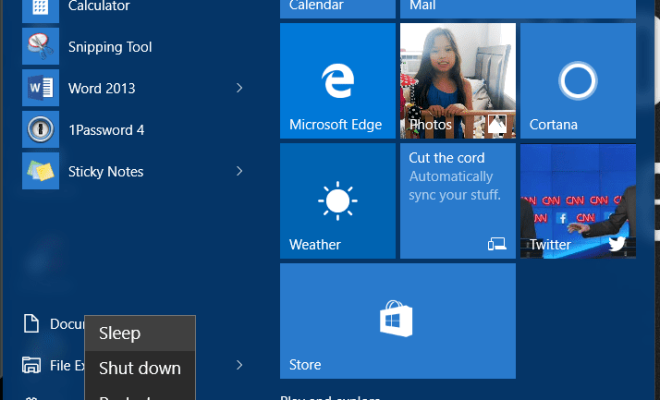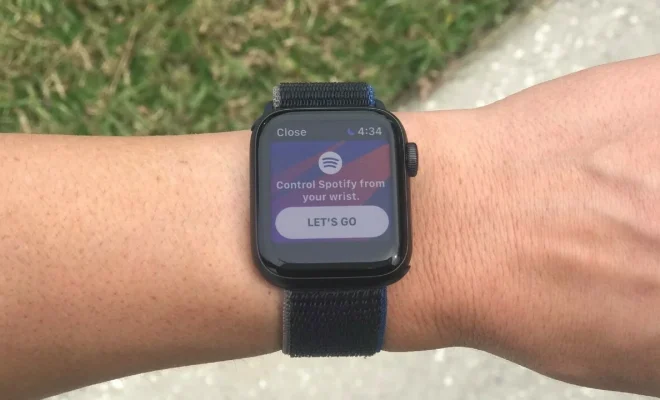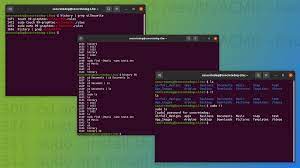What Is Standby for Laptops?

When you close the lid of your laptop, does it shut down completely or does it go into a sleep-like mode where the screen turns off and the computer enters a low-power state? That’s called standby mode, and it’s a useful feature that many laptops have.
Standby mode, also known as sleep mode or hibernate mode, is a power-saving state that laptops can enter when they’re not being used. It allows the computer to reduce power consumption by turning off certain components and using less energy overall, while still maintaining its current state and allowing you to wake it up quickly.
When you put your laptop into standby mode, it saves your current session to your hard drive and turns off the display, hard drive, and other components that aren’t needed. It keeps just enough power to maintain your current session in memory, and once you open the lid again, it can quickly wake up and resume where you left off.
Standby mode is a convenient feature because it allows you to quickly shut down your computer without losing your work or having to wait for it to start up again. You can also use it to save battery life when you’re on the go, or to quickly switch between tasks without waiting for the computer to boot up from scratch. It’s a great way to save energy and extend the life of your laptop’s battery.
However, standby mode isn’t perfect. Some laptops may wake up unexpectedly from standby mode, or experience problems with programs or drivers not working correctly after waking up. It’s also not a true shutdown or hibernation mode, so if your laptop loses power while in standby, you may lose any unsaved work.
Overall, standby mode is a useful feature that can help you save time and energy when using your laptop. However, be sure to save your work before putting your laptop into standby mode, and always shut it down completely if you won’t be using it for an extended period of time. Learning how to use standby mode effectively can help you get the most out of your laptop and keep it running smoothly for years to come.






